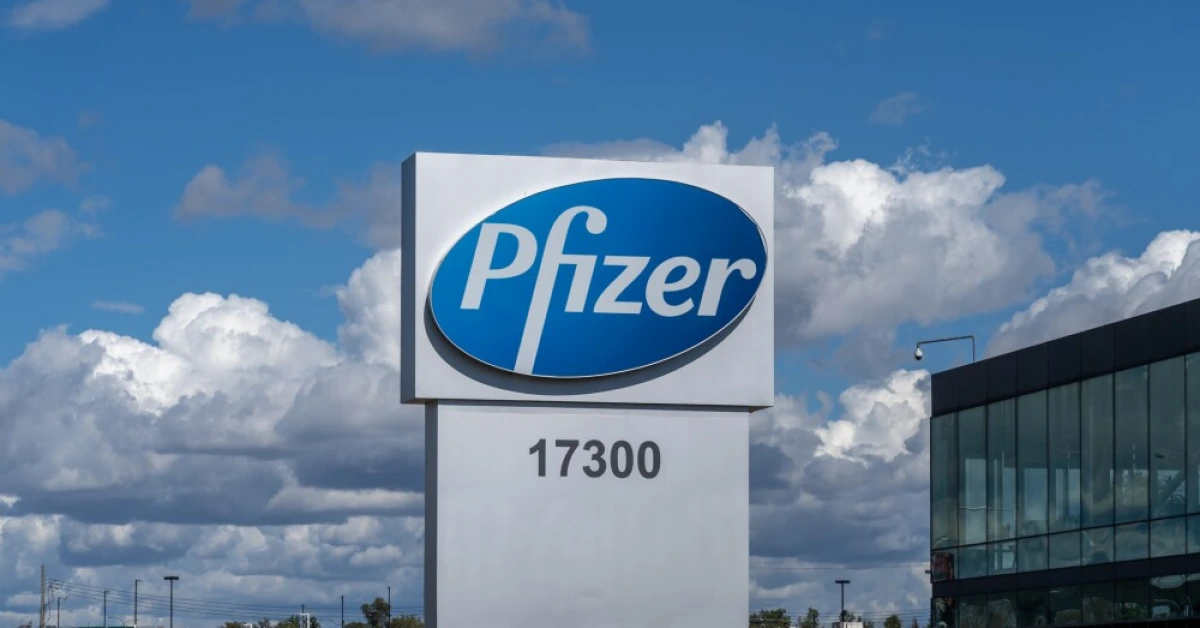
USA – Pfizer is considering acquisitions and partnerships worth up to US $15 billion as it looks to strengthen its drug pipeline.
The company is particularly interested in obesity treatments and innovative assets from China.
With just one weight loss drug, danuglipron, in clinical trials, Pfizer is assessing its potential while exploring additional opportunities in the obesity treatment space.
Analysts have been keen to see results from an ongoing dose-optimization study, expected in early 2024.
However, Pfizer’s Chief Scientific Officer, Chris Boshoff, noted that the primary focus of the trial is to determine the best once-daily dosage, rather than immediate weight loss results.
Given the complexity of obesity treatments, Chief Strategy and Innovation Officer Andrew Baum emphasized the need for multiple approaches.
“Obesity is heterogeneous and [will] likely require a set of tools encompassing both different modalities and different delivery devices in order to manage,” he said.
He added that Pfizer is carefully evaluating various assets to determine which offer the most value to patients and shareholders.
Pfizer is also eyeing potential collaborations in China, where pharmaceutical innovation is expanding beyond oncology.
Baum acknowledged China’s growing influence in drug development, stating, “It has not escaped our attention, of course, the innovation from China across multiple therapeutic areas.”
He confirmed that Pfizer is engaged in “very fruitful discussions” regarding possible deals in the region.
Financial growth and cost management
Pfizer’s revenue for 2024 reached US $63.6 billion, surpassing analyst expectations. The company saw a 7% increase in annual revenue and a 21% year-over-year rise in fourth-quarter earnings, which totaled US $17.8 billion.
CEO Albert Bourla credited this growth to strong commercial operations, particularly within its COVID-19 franchise.
Despite increased research and development (R&D) spending—partly due to integrating its US $43 billion Seagen acquisition—Pfizer balanced costs by reducing vaccine program expenses and optimizing its cost structure.
The company has already launched a dozen new clinical trials, including eight key Phase III studies.
Pfizer has been restructuring its R&D leadership, with Boshoff taking over in November 2024. Bourla praised his quick and strategic approach, noting that Pfizer has been improving its efficiency in moving drugs from early to late-stage development.
The company boasts a 17% success rate for drug candidates, significantly higher than the industry average of 10–11%.
However, Bourla admitted that Pfizer could refine its selection process to prioritize the most commercially viable drugs.
Challenges and future plans
In the fourth quarter, Pfizer reported US $2.9 billion in impairment charges, including US $1 billion related to a discontinued Seagen drug trial.
The company has also been implementing cost-cutting measures, achieving US $4 billion in savings and setting a revised goal of US $4.5 billion by the end of 2025.
CFO Dave Denton emphasized that these cost-saving initiatives would help Pfizer regain pre-pandemic profit margins.
“We believe the steps taken to right-size our cost base will put us on a strong footing towards increased operational efficiency,” he said.
XRP HEALTHCARE L.L.C | License Number: 2312867.01 | Dubai | © Copyright 2025 | All Rights Reserved